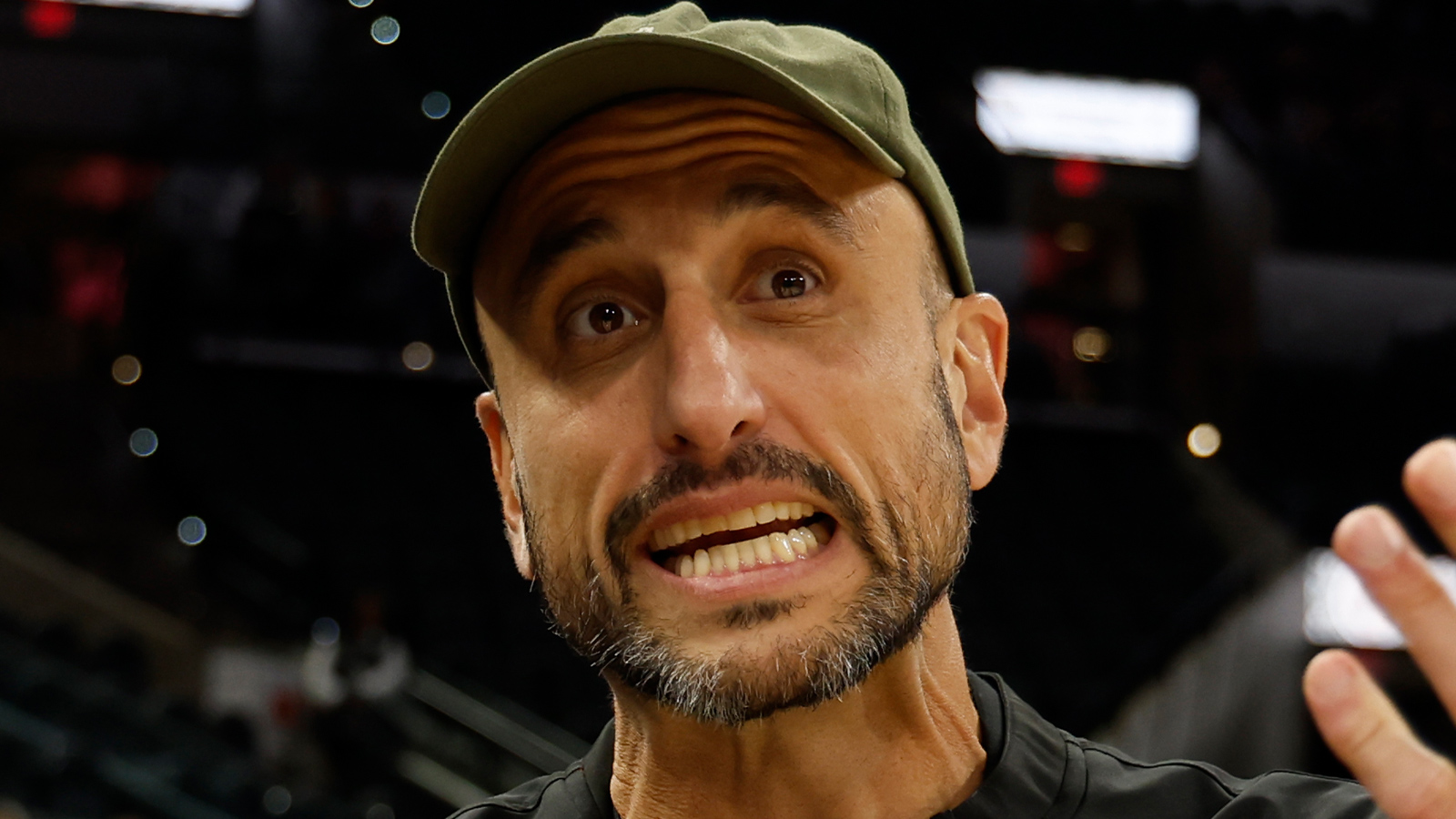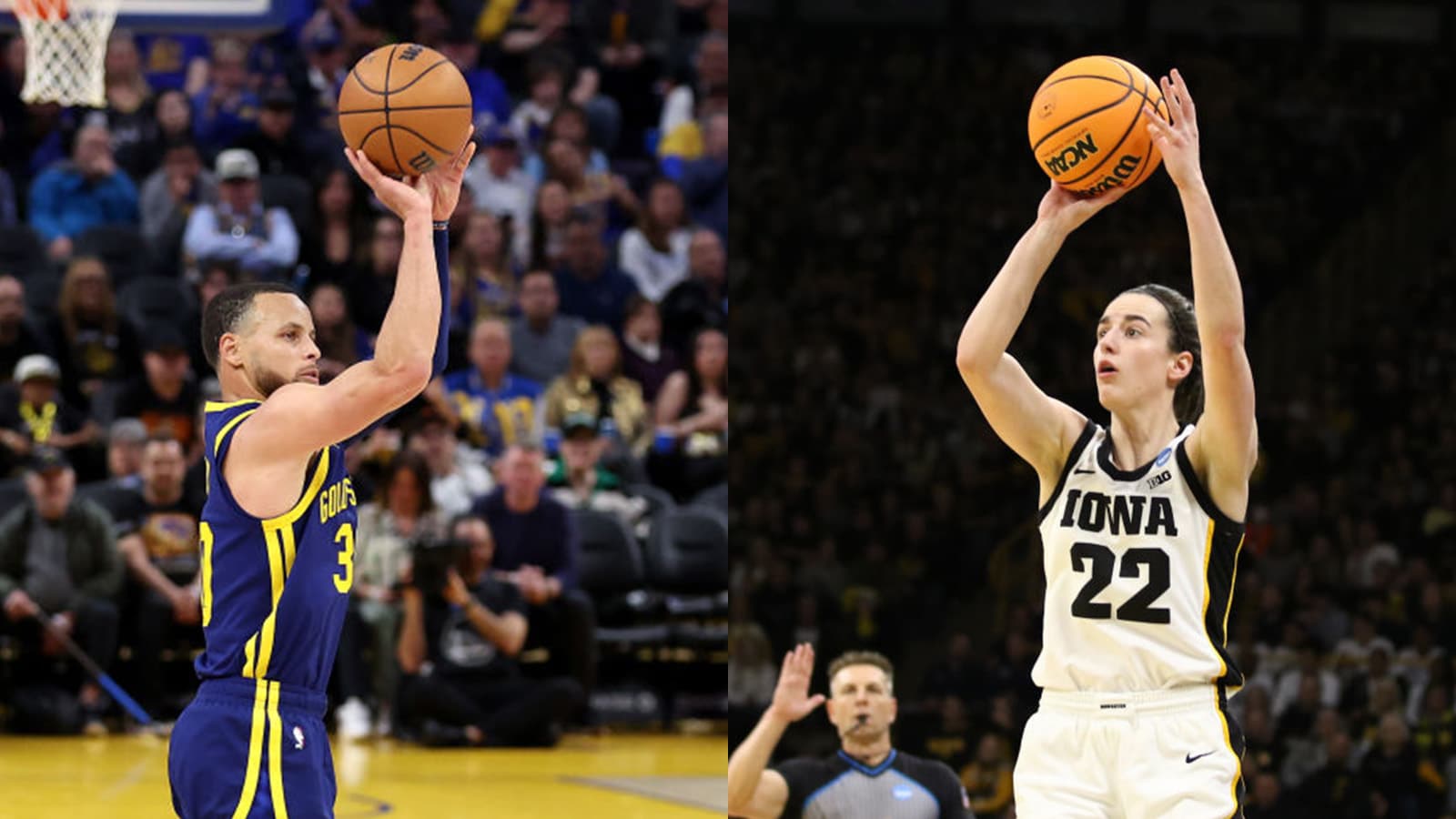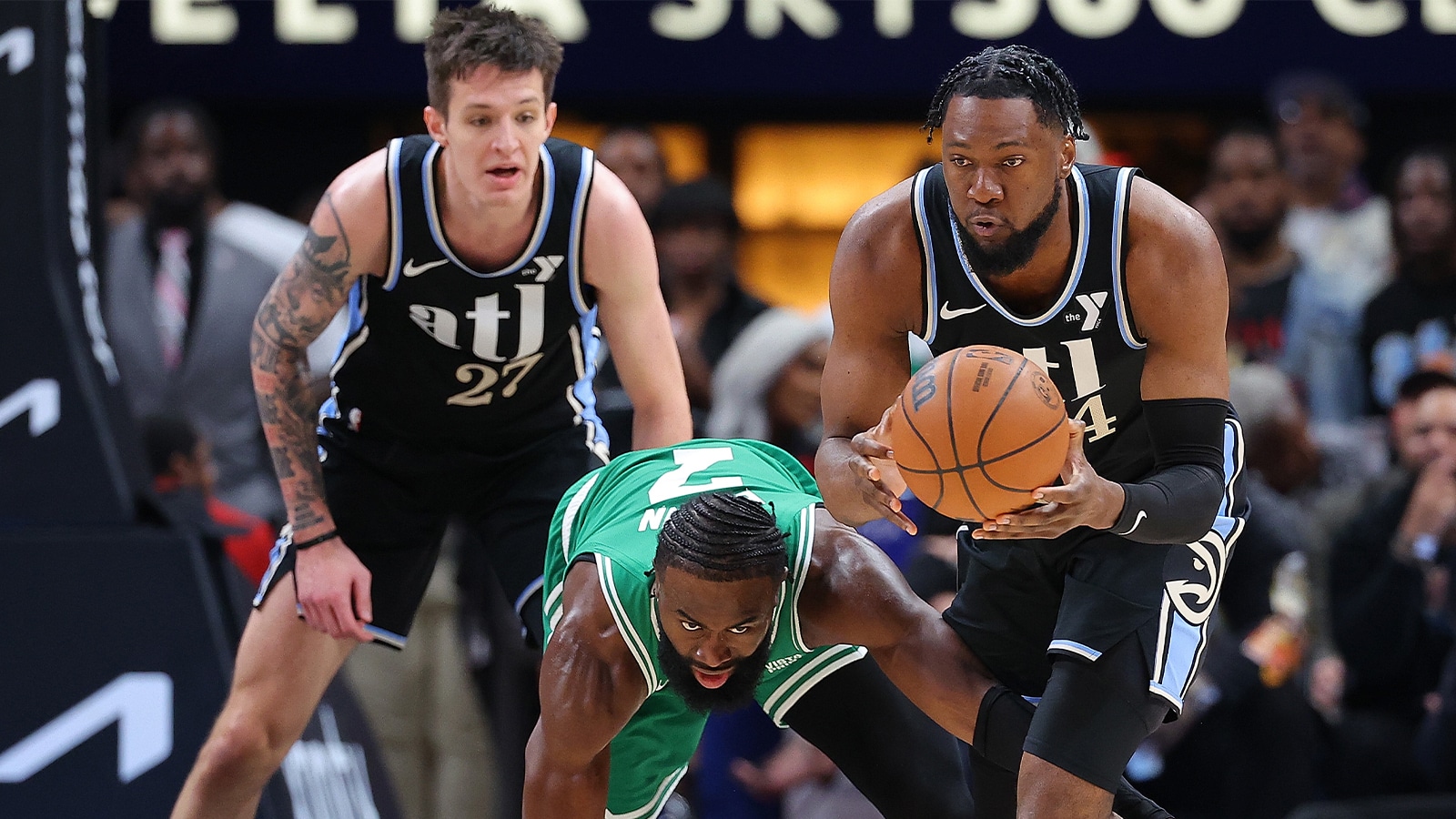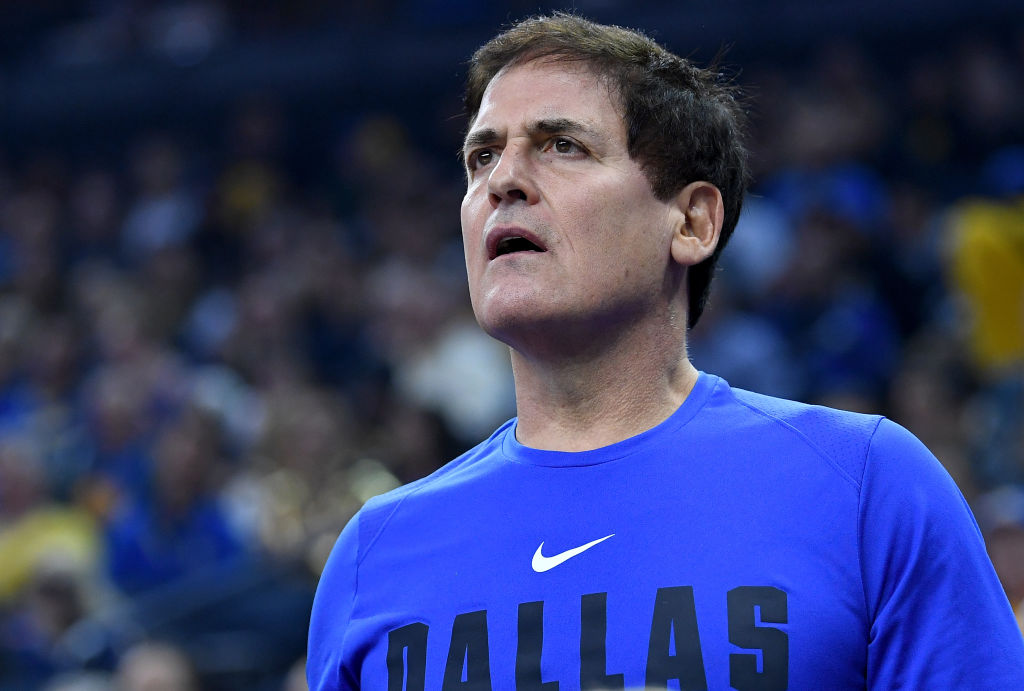
How Much Did Mark Cuban Pay for the Dallas Mavericks?
Being the owner of a sports team is a dream that only a tiny percentage of the world’s population could ever dream of, and every owner comes from a different background. Whether they inherited the team from their parents, were professional athletes themselves, or they came from the bottom to become billionaires, every owner has a story. Dallas Mavericks owner Mark Cuban has a story that stands out as an especially memorable one.
A beneficiary of the online boom during the 1990s, Mark Cuban took over the Mavericks at the beginning of what is often referred to as the Post-Jordan era of basketball, and he hasn’t looked back since.
Cuban’s come-up and investment
Cuban has often told the tale of taking advantage of his boyish charms and selling garbage bags to his neighbors as a 12-year-old kid. As a young adult, he decided to start a software company called MicroSolutions that eventually sold for $6 million. For many, that would be the end of their dream of becoming rich and famous, but for Cuban, it was only a start.
From there, Cuban moved on to online radio, where his next acquisition, Audionet (a company that later became Broadcast.com), was a pioneer in internet audio streaming. That would exponentially expand Cuban’s wealth, and by the time he sold the company to Yahoo in 1999 for $5.7 billion and his remaining shares for $1.7 billion right before the dot-com bubble burst and cost many online investors their fortunes. With that, Mark Cuban was now one of the richest men in the world.
That gave him the money to afford his next big investment, and he purchased the Dallas Mavericks for $285 million in 2000.
The Mavericks under Mark Cuban
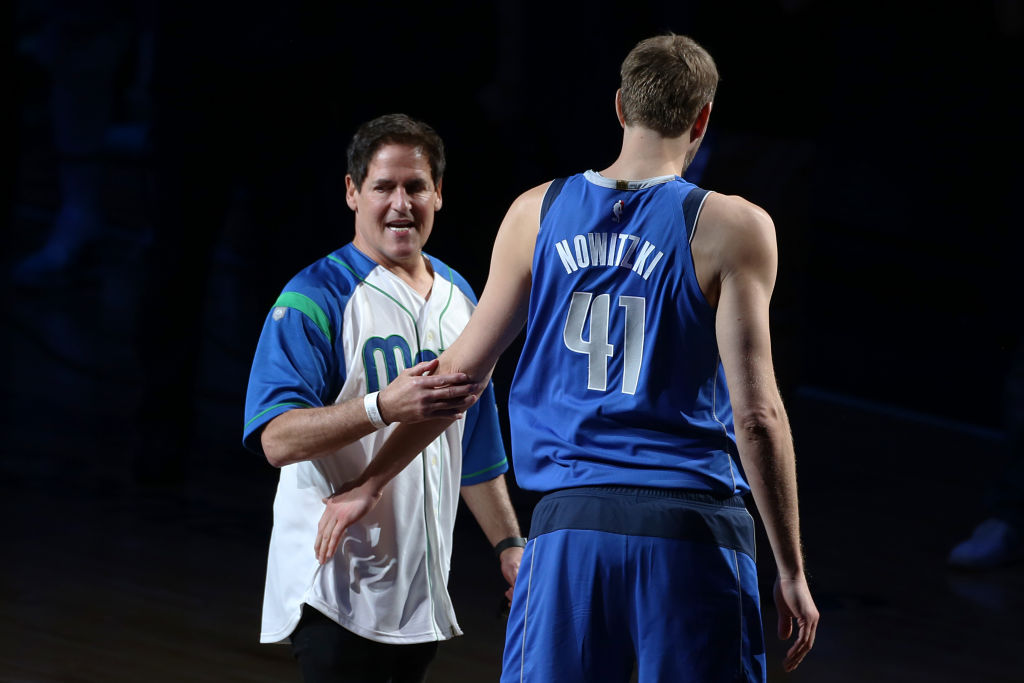
Besides fellow Dallas team owner Jerry Jones, there is perhaps no owner who is more associated with his team than Mark Cuban. The Mavericks saw an almost immediate improvement under his guidance with the rise of NBA All-Stars Dirk Nowitzki and Steve Nash. That was a far cry from the team that was considered to be one of the worst in basketball at the time Cuban purchased them.
Cuban’s vocal and abrasive approach has garnered him equal parts praise and criticism, depending on who you ask. He has a knack for getting into it with the NBA, the media, the fans, and the players, and notoriously tends to strike out when he swings for the fences on big-name free agents.
Despite any criticisms of his style, however, he built a championship team. Dirk Nowitzki and the Mavericks famously brought down the presumed champion Miami Heat after being down 2-0 in 2011. It is the only NBA Finals win in Dallas Mavericks history.
It has not been smooth sailing for the Mavericks under Cuban, however, as the team found itself as the subject of a damning 2018 article published in Sports Illustrated. The article exposed a history of toxic workplace culture that spanned over Cuban’s entire reign, including harassment by executives and the enabling of a man who was charged with abuse. The Mavericks were punished, but have failed to shake the stigma that this culture has created.
Has the investment paid off?
In recent years, the cost to buy an NBA team increased, and the Dallas Mavericks are no exception. Despite the highs and lows of Cuban’s tenure with the team, his $285 million investment seems to have paid off, as a 2019 valuation of the team showed that the team’s value increased eightfold, with Forbes reporting that the team was worth a cool $2.25 billion, with values only going up.
Mark Cuban shows no signs of slowing down, and with a young star in Luka Doncic and the addition of Kristaps Porzingis, the Mavericks could be in for another comeback like the one they saw when Cuban first took over.
